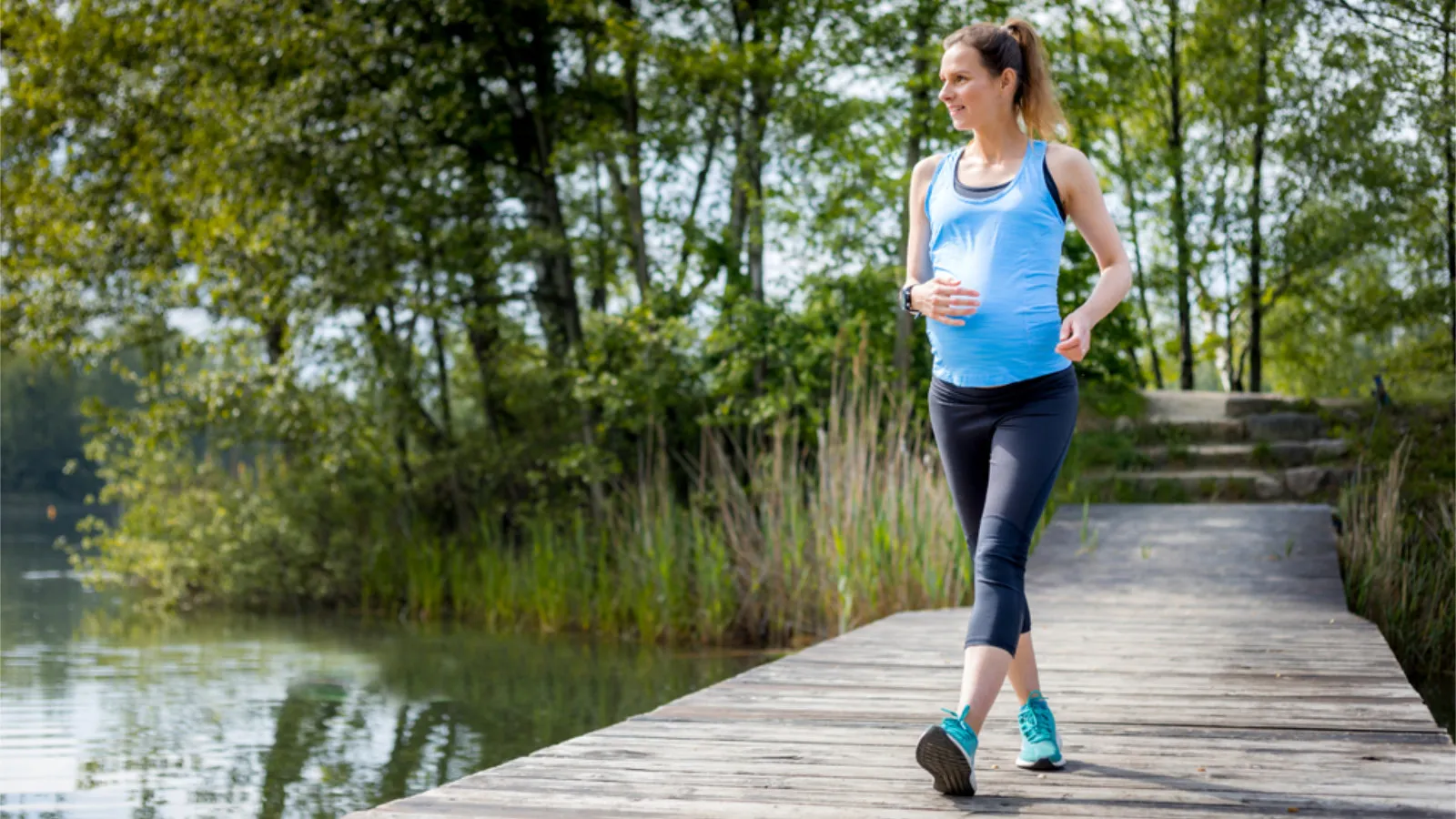
Why it’s safe to run & jog during pregnancy
The American College of Obstetricians and Gynaecologists ACOG) recommends exercise throughout pregnancy—at least 20 to 30 minutes a day on most or all days. Doing so, it says, reduces the risk of gestational diabetes, pre-term birth, pre-eclampsia (pregnancy-induced high blood pressure) and a caesarean section.
“Exercising can help a woman stay in shape and prepare the body for labour and delivery while reducing the risk of a C-section delivery, having a low birth weight baby or a pre-term birth. Additionally, it can also have several other health benefits like reducing backaches, constipation, bloating, swelling or boosting one’s mood and energy levels. It helps an expectant woman sleep better and promote muscle tone, strength and endurance,” says Dr Mannan Gupta, gynaecologist and IVF expert and MD, Elantis Healthcare, New Delhi.
In case of a normal pregnancy, moderate intensity exercises and aerobic activities like brisk walking and slow-jogging are not only safe but are also needed for the health of the foetus. “During the first trimester, the embryo is getting attached to the uterus to receive the proper nutrients and conditioning. Moderate-intensity exercises like walking, swimming and modified yoga (according to the individual body) are some of the safer forms of exercise in pregnancy, providing support to the body, reducing stress, improving flexibility and promoting focussed breathing,” she adds.
How much exercise is needed?
Dr Gupta recommends fit women to do at least 30 minutes of moderate-intensity exercises on most days of the week. “Brisk walking is known to be an excellent form of exercise, offering mild aerobic conditioning while putting little strain on your joints,” says she. Dr Sharma suggests that “women who never exercise and have a sedentary lifestyle should begin with slow walks. Then they can go up to doing yoga and pre-natal exercises.”
Pregnancy is an absolutely normal condition during which the woman is allowed to do her routine physical activities provided she has plenty of water and sufficient calories for both the foetus and herself. “There is no evidence of restricted physical activity in pregnancy unless the woman has some history of multiple miscarriages or twins or history of pre-term delivery,” says Dr Gupta. She has a word of warning against overdoing things. “Exercises like heavy weightlifting and high intensity aerobic activities like running, resulting in overexertion, can have several harmful effects in the development of the baby. Exercising too much or too intensely can put pressure on the uterus and the body.”
Precautions for exercising
Of course, it is always advisable to be safe during exercising. “Wear comfortable clothes and shoes. You are swelling up, so you may need to buy a bigger size of shoes and clothes. Choose supportive innerwear and bands. Drink plenty of water 30 minutes before your routine as you need it to build amniotic fluid, higher blood volume, ease digestion and remove waste. If you are exercising rigorously and not gaining weight, then you need to modify your diet. Avoid overheating your body while exercising. Avoid standing straight and lying flat. Posture should be right or left lateral position,” advises Dr Sharma.
What problems can occur during your exercises
Anaemia and weight gain can cause breathing difficulties. “You are already working your body harder. This is not a competition. So do take those breaks in between. Fatigue is a common symptom in early pregnancy because of hormones. Sometimes it is difficult to keep running in the first trimester because of nausea and fatigue. The second trimester may be better without the nausea while the third makes your run uncomfortable,” says Dr Gupta. Even competitive runners reduce their training during pregnancy. A study of 110 long-distance competitive runners found that only 31 per cent ran during their third trimester. On average, they cut their training intensity by about half. If you do not overdo things and work with your doctor, then running may actually help you sail through the nine months.

